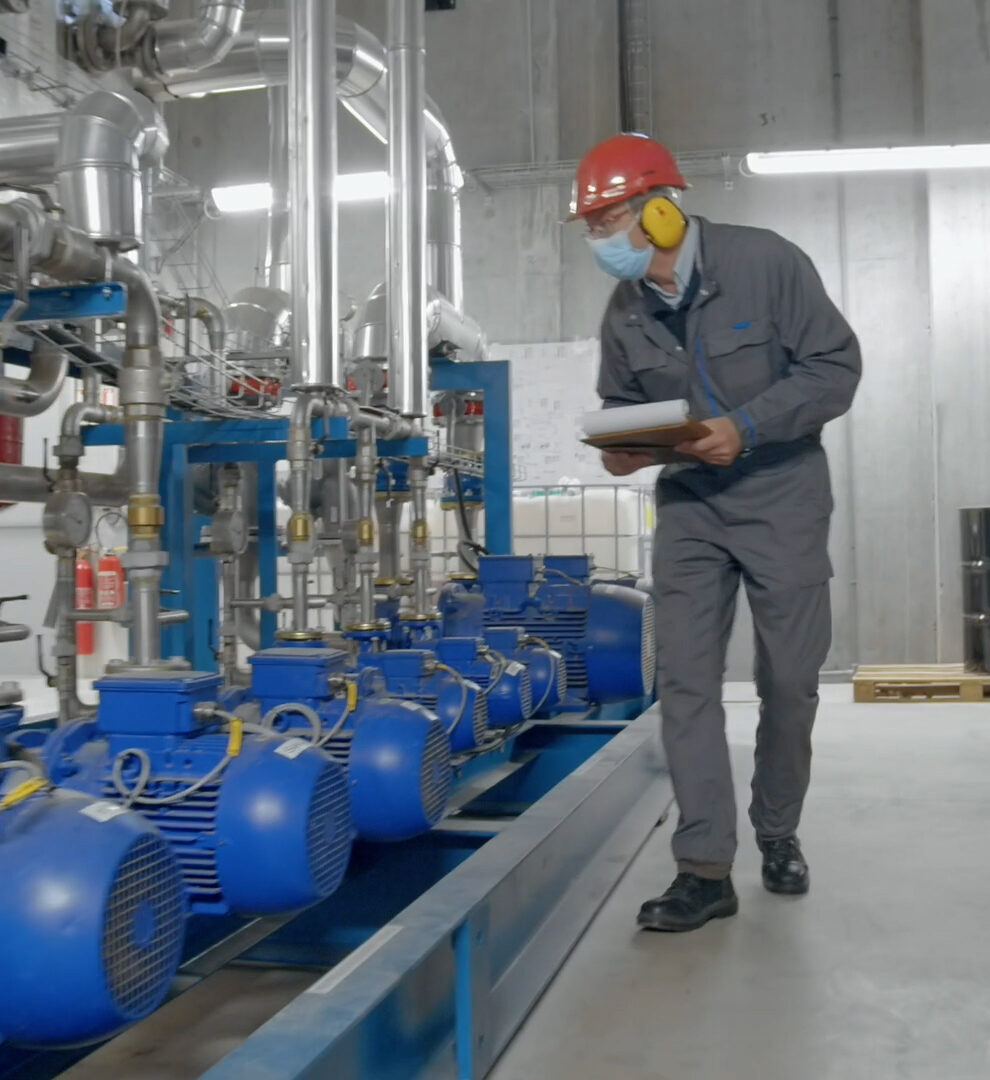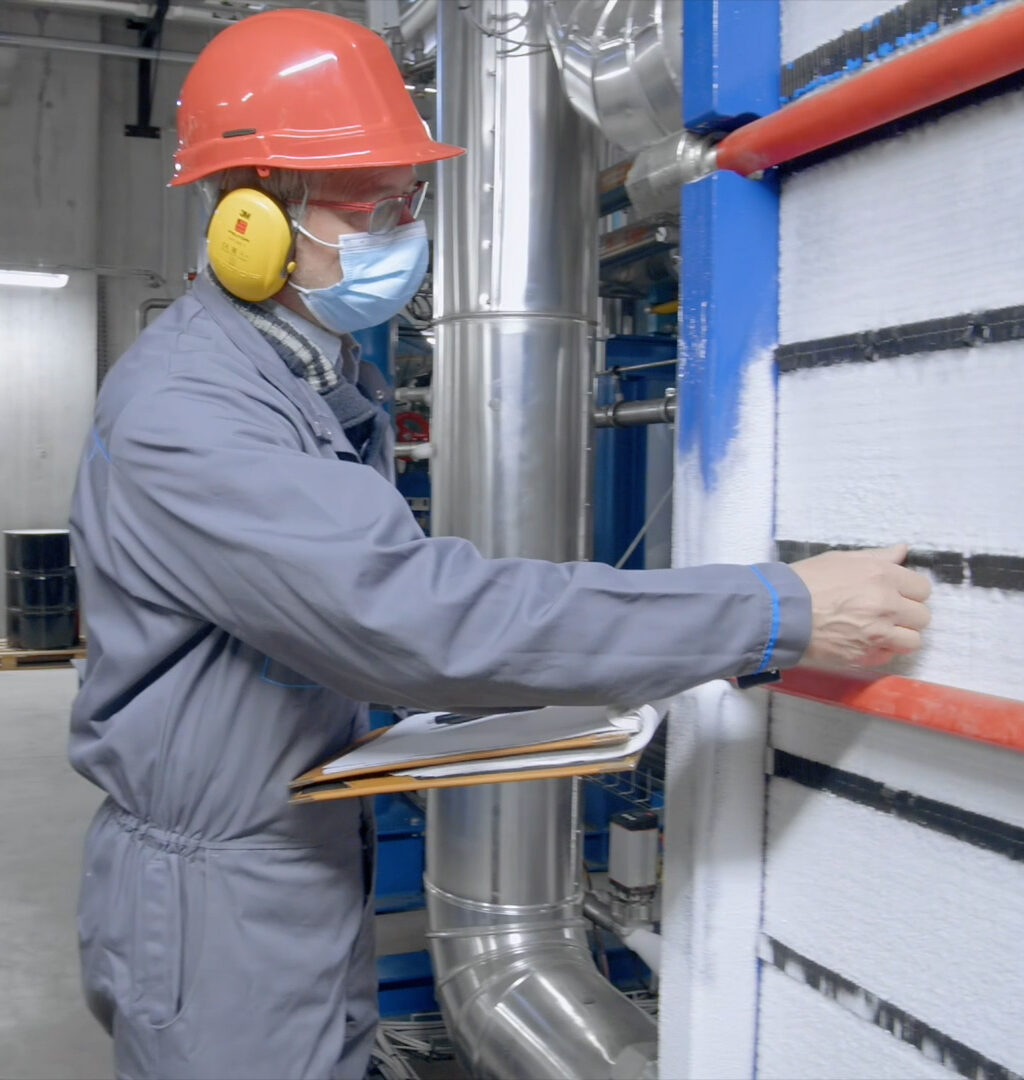Path to net zero emissions


Global urgency
Climate change presents a “code red” threat to humanity.” The world is currently on a trajectory that surpasses the critical climate target of limiting the temperature increase to 1.5°C above pre-industrial temperatures by 2030.
To prevent devastating effects on our planet and its people, we must rapidly cut global greenhouse gas (GHG) emissions by half before 2030 — and achieve net zero by 2050.
Food production, including supply chains, farms, crop production and land use – is responsible for nearly 26% of global GHG emissions, and the seafood industry is a key part of this sector.

Integrated approach
As a committed player, MerAlliance has taken structural measures to actively contribute to this objective and align its practices with the expectations of customers, consumers and global objectives.
In 2005, MerAlliance was the first French company in its sector to establish its carbon footprint, and in 2023 it took a decisive step by creating a steering committee dedicated to the climate, bringing together the members of its management team around a priority issue: carbon. This committee has made it possible to structure an ambitious and concrete approach:
- A complete carbon footprint: each year, MerAlliance carries out a carbon footprint covering scopes 1, 2 and 3, including a more detailed analysis for each of the products it manufactures.
- A low-carbon strategy: with the support of a specialist consultancy, MerAlliance has drawn up a climate strategy based on the ACT (Assessing Low Carbon Transition) method developed by ADEME.
Our goals
Near- and long-term emission reduction targets based on scientific data, approved by the Science Based Target Initiative (SBTi).
Carbon footprint for each reference in 2025
Carbon trajectory 1.5°C COP21
Contribution to the Thai Union Group’s objectives :
- 42% for scopes 1, 2 and 3 by 2030 vs 2021
- Net 0 in 2050
